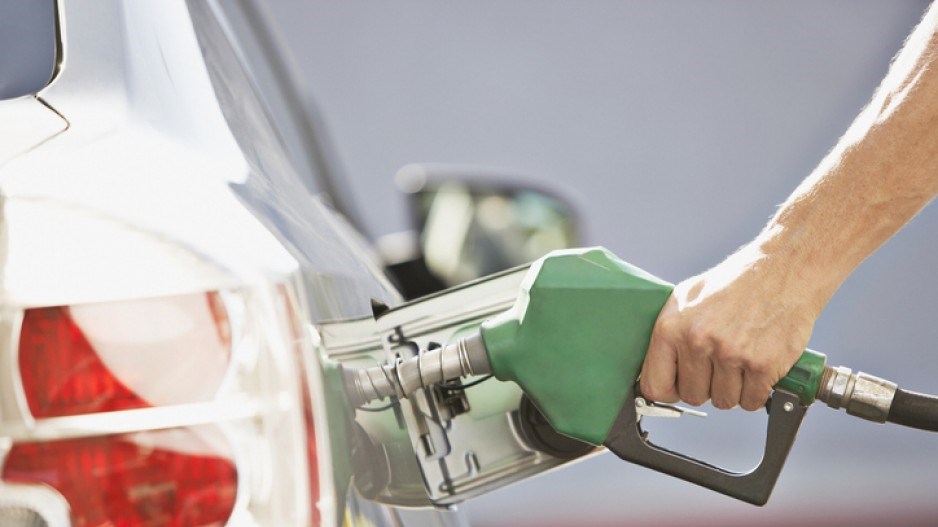Filling up the family minivan in British Columbia isn’t just expensive, it’s a painful reminder that government tax policies are leaving us all in the dust.
Vancouver and Victoria top the charts for highest taxes on gas in Canada in 2024.
Vancouver drivers pay about 81 cents in taxes per litre of gasoline. In Victoria, drivers are being hit with a 74-cent-per-litre tax bill. Across the rest of the province, that tax bill is just over 61 cents per litre.
On a 64-litre fill-up, that works out to $52 worth of taxes in Metro Vancouver, $47.50 in Victoria and $43.60 in the rest of the province. And that’s just the taxman’s take.
Nationally, the average tax burden is $38.10 on a 64-litre fill up.
Just south of the border, in Washington state, drivers pay about C$0.91 per gallon of gasoline in combined federal and state taxes, which works out to approximately 24 cents per litre.
A 64-litre fill up in Sumas or Bellingham would cost $15.40 in taxes compared to $52 in Langley or White Rock.
High fuel taxes make life even more unaffordable for struggling taxpayers. Premier David Eby needs to do the right thing and prove he takes affordability seriously by cutting B.C.'s sky-high gas taxes.
Families struggling to make ends meet shouldn’t be charged the cost of a chicken dinner with all the fixings in taxes every time they fill up the minivan.
Based on planned increases to the carbon tax, Vancouver motorists will be paying 88 cents per litre by 2030 if Eby has his way. That will work out to $56.30 per fill up.
Instead of hiking taxes on families who can’t afford it, Eby should follow the lead of other premiers across Canada and offer real tax relief at the pumps.
In Manitoba, NDP Premier Wab Kinew suspended the province’s motor fuels tax, which saves drivers 14 cents per litre.
If Eby followed his NDP colleague’s example and suspended B.C.’s motor fuels tax, drivers would save around $9.30 per fill up. If you fill up every week, that would mean an extra $500 in your pocket at the end of the year.
That would mean a lot at a time when more British Columbians than ever are lining up at food banks to feed their families.
Those savings would also ripple through the economy. For a semi-truck with two fuel tanks each holding 450 litres of diesel, suspending the motor fuels tax would save $135 per fill-up. Lower transportation costs mean lower costs for goods and groceries on store shelves.
This year, B.C.’s government is taking around $1 billion away from taxpayers through the motor fuels tax. Hospital developments in Richmond, Surrey and Cowichan are all seeing cost overruns in excess of $1 billion. If the government stuck to their own budgets on just one of those projects, there would be enough savings to totally scrap the motor fuels tax.
From outrageous salaries for Crown corporation executives and board members to blowing hundreds-of-millions on the FIFA World Cup in 2026, there’s no shortage of wasteful spending that could be eliminated to make space for gas tax relief.
British Columbians need relief. Our politicians need to stop punishing people with the highest gas taxes in Canada and start prioritizing those they were elected to serve.
Next time you’re hit with sticker shock at the pump, remember it’s the taxman getting rich off your hard-earned cash.
Carson Binda is the B.C. Director for the Canadian Taxpayers Federation.



.jpg;w=120;h=80;mode=crop)
